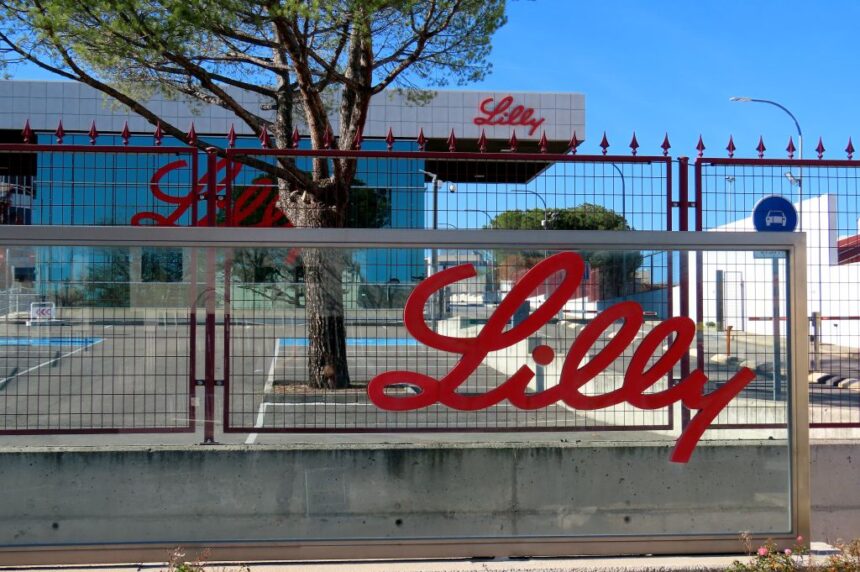Shortly after winning an approval for its weight loss drug Zepbound, Eli Lilly has struck another obesity deal. The company has partnered with biotech Fauna Bio to discover new drug targets in obesity.
At the center of the partnership is Fauna’s Convergence AI platform, which focuses on hibernation biology data from animals to identify new drug targets. The platform can read genomic analyses across 452 mammal species.
Specifically, Fauna analyzes genomics from “extreme mammals” able to survive harsh conditions that humans cannot. Fauna reports that it is able to “unlock” insights to human disease treatment through those genomics.
“We look forward to working with the Fauna Bio team to realize the value of their platform and discover more effective treatments for patients with obesity,” said Lilly group VP, diabetes, obesity and cardiometabolic research Ruth Gimeno in a statement.
Lilly will pay up to $494 million in pre-clinical, clinical and commercial milestones.
Fauna’s discovery biobank data encompasses some 22 tissue types from the 13-lined ground squirrel taken during its various hibernation physiological time points. The company has “collected thousands of transcriptomes, proteomes and epigenomes” and more than 22 billion sequence reads, it said in a press release.
Fauna CEO and co-founder Ashley Zehnder added in a statement that the Lilly partnership highlights the potential of Convergence to “rapidly identify novel targets for complex disease areas of high unmet need.”
“Lilly is a leader in obesity treatment, and our approach enables and accelerates discovery across different disease areas and modalities for our partners, who bring deep expertise in drug development,” Zehnder added in the statement.
The move reflects Lilly’s aggressive approach toward realizing every inkling of potential in the diabetes and weight loss spaces. Over the summer, the company made back-to-back acquisitions related to its diabetes and obesity portfolio.
It acquired Sigilon Therapeutics to develop encapsulated cell therapies for type 1 diabetes, including SIG-002. Later, it picked up Versanis Bio, which gave it access to bimagrumab.
In its quarterly earnings report released in November, Lilly said its revenue rose 37% with type 2 diabetes treatments Jardiance and Mounjaro contributing to the growth in a major way.







